Treatment discontinuation and rate of disease transmission in psoriasis patients receiving biologic therapy during the COVID-19 pandemic: A Canadian multicenter retrospective study.

JR Georgakopoulos, A Mufti, R Vender, J Yeung
Research Letter J AM ACAD DERMATOL VOLUME 83, NUMBER 4
Reviewed by Dr Pan Jiun Yit, National Skin Centre Singapore
“A multicenter retrospective study was undertaken of all patients from 2 tertiary academic hospitals affiliated with the University of Toronto, Canada, and a community practice in Hamilton, Canada. Inclusion criteria were patients aged 18 years or older with moderate to severe psoriasis who received at least 1 dose of a biologic before February 1, 2020. Data were retrospectively obtained from Patient Support Program case managers of all major suppliers of biologic agents for psoriasis. February 1, 2020, was the starting point of data collection (5 documented COVID-19 cases and 0 deaths in Canada) and patients were followed up until June 1, 2020 (91,703 cumulative cases and 7594 deaths).
As of February 1, 2020, there were 2095 patients receiving biologic therapy for psoriasis who met inclusion criteria. Total number of patients who temporarily discontinued their biologic at any point during the 4-month period because of COVID-19–related concerns was 23 (1.1%). Of the 23 patients who temporarily discontinued their biologic, 7 did so in February, 11 in March, 3 in April, and 2 in May. This corresponded to a total of 17 (0.81%), 18 (0.86%), and 18 (0.86%) patients discontinuing treatment at each of April 1, May 1, and June 1, 2020 timepoints, respectively. Biologic discontinuation by class included tumor necrosis factor α inhibitors (8/749, 1.07%), interleukin 12 and 23 inhibitors (5/371, 1.35%), interleukin 17 inhibitors (4/482, 0.83%), and interleukin 23 inhibitors (6/493, 1.22%). Mean duration of biologic treatment before discontinuation was 50.6 ± 35.7 months. Five patients who temporarily discontinued their biologic elected to restart the same biologic before June 1 compared with 18 who remained without treatment. All patients who restarted their biologic (5/5, 100%) did so because of a flare of their psoriasis. Of the 23 patients who temporarily discontinued treatment, 14 (60.9%) were men, mean age was 56.4 ± 12.6 years, and 1 (4.3%) also had psoriatic arthritis. Of the 2095 patients in our cohort (2072 [98.9%] of whom continued to receive a biologic throughout the entire follow-up period), 0 had a confirmed positive diagnosis of COVID-19. All patients who developed COVID-19–related symptoms received testing, results of which were negative. Of the 16 new biologic treatment initiations between April 1 and June 1, 2020, the majority were interleukin 17 inhibitors (n = 13, 81.2%), followed by tumor necrosis factor α inhibitors (n = 2, 12.5%) and interleukin 23 inhibitors (n = 1, 6.2%).
The results of this study demonstrate that the rate of patient-driven biologic discontinuation during the peak of COVID-19 cases in Canada remained low during the entire 4-month follow-up period. Although interleukin 17 inhibitors had the lowest rate of temporary discontinuation, there did not appear to be a major class-specific difference in rates. Discontinuation of treatment out of concerns about contracting COVID-19 is not supported because it may lead to decreased efficacy outcomes with reintroduction or a flare of psoriasis, as observed with our cohort. Low volumes of new biologic initiations highlight the need for improved access to nonurgent care during the pandemic.”














